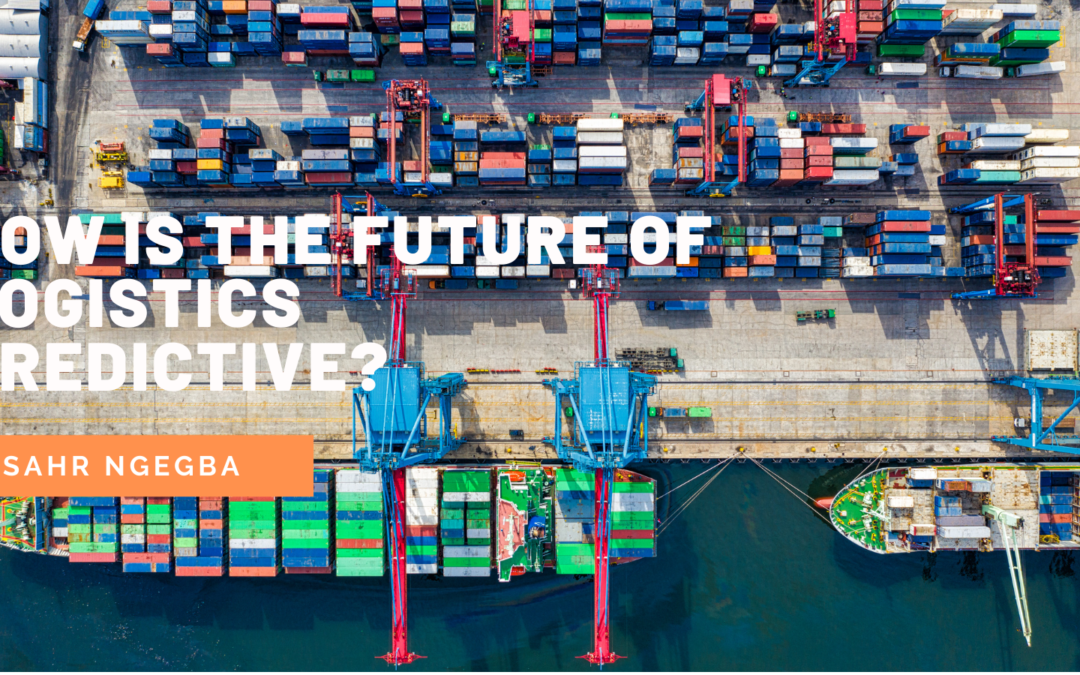The logistics industry is one that cuts across almost all sectors in business. Logistic firms are crucial role players in the flow of the supply chain.
With the advancement in technology, the future of logistics is, without a doubt, predictive. Continued incorporation of new tech trends is gradually transforming the logistics industry.
Among the technologies changing the logistics sphere include artificial intelligence (AI) and advanced data analytics. Predictive analysis similarly bears the immense potential for expanding the logistics industry. Here are the significant benefits of digitalization in logistics.
1. Improved Supply Chain Visibility
Supply chain visibility is among the most critical elements for logistic organizations and customers. Currently, most logistic organizations utilize analog techniques to monitor their fleets.
New technologies could provide real-time remote access to goods in transit. Thus, customers and firms have a better understanding of the location and status of their merchandise. Enhanced visibility is also essential to mitigate losses arising from off-schedule or delayed shipments.
2. Increased Transparency
Transparency is vital when it comes to enhancing the end-to-end user experience. Convenient and efficient communication is key to providing much-needed clarity.
Logistic firms could consider utilizing a URL for the representation of logistic items. The URL could be in the form of digital legal documents, including the Bill of Lading. Alternatively, the URL could embrace digital twinning technology. A URL could also provide a safe site for firms and customers to access and update fleet information.
3. Enhanced Logistic Services
Technology provides a massive platform for logistic firms and clients to optimize their operations. Stakeholders in logistic firms can conveniently receive and transmit information regarding any adjustments in the transmit schedules.
The adoption of new tech trends in logistics crucially enhances punctual delivery. Additionally, customers can be sure to receive their goods in proper condition. Smart tech trends can detect even the slightest damage on goods on items in transit. In case of damage, clients can return the goods for repair or refund. With smart technologies, logistic companies can achieve better route planning; therefore, ensuring optimal operations.
4. Forecasting
Predictive solutions allow logistic firms to prepare and plan their shipments. Using predictive analysis, companies can forecast future demand and supply behavior. Consequently, customers can enjoy timely deliveries. The predictive analysis could also enable firms to make better data-oriented decisions.

